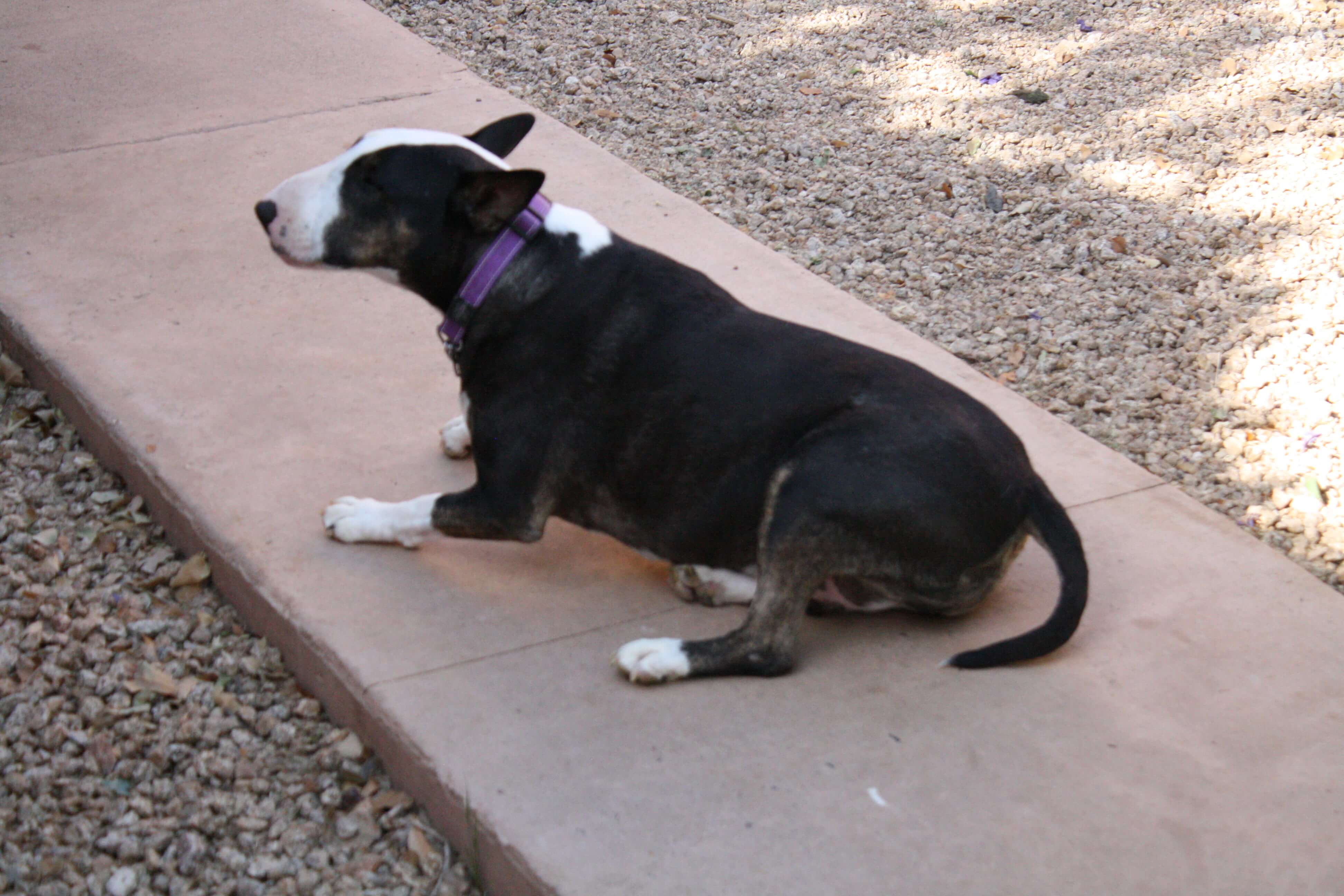Tips for Caring for an Elderly Dog
When we bring a new dog into our home, we are prepared for the puppy stage. The potty training, the behavior training, the neediness, the cuddles, and all that puppy energy! But, what many of us are unprepared for is something that comes much later – the senior years. Just like us, our dogs grow older and with age comes signs of aging, just like we experience. Our senior dogs may require more attention and patience in some areas, and less attention in other areas. Those energetic puppy days, where it seemed impossible to wear your dog out may be gone, and now, your dog may simply want more snuggles or sleep. While not all dogs will need the same exact care as they age, it is important to recognize the signs and symptoms of aging and know how to properly and affectionately care for your elderly dog.
If you are unsure when your dog may be considered elderly or might start experiencing symptoms of aging, larger dogs are typically considered elderly around 6 years old and smaller dogs are considered elderly around 10 years old. Just like humans, dogs can develop arthritis as they age. Walking long distances may become more difficult, your dog may become reluctant to climb stairs or jump onto the bed or into the car. And, elderly dogs that push themselves too hard but have arthritis may be prone to injury. Additionally, elderly dogs may experience stomach problems by a slowed down metabolic process so they may require foods that are more easily digested. Further, it is important to maintain a healthy weight so be sure to speak to your veterinarian about what food is best for your aging dog. Also, elderly dogs may experience a decline in their dental health so be sure to brush your dog’s teeth regularly and choose treats that help maintain dental health. Consider upping your veterinarian visits to a more frequent schedule and be vigilant about watching for signs and symptoms of disease because disease becomes more frequent as dogs age. If you notice your dog is bumping into things your dog may be experiencing vision loss. Finally, make sure your dog gets plenty of exercise and socialization. While they may require less as they age, it is still important that your dog maintains a joyous and full life. Easing the symptoms of aging with love, affection and attentive care may look different than caring for your dog in the puppy years, but it is a rite of passage for every dog owner, and a privilege to care for your beloved four-legged family member.

